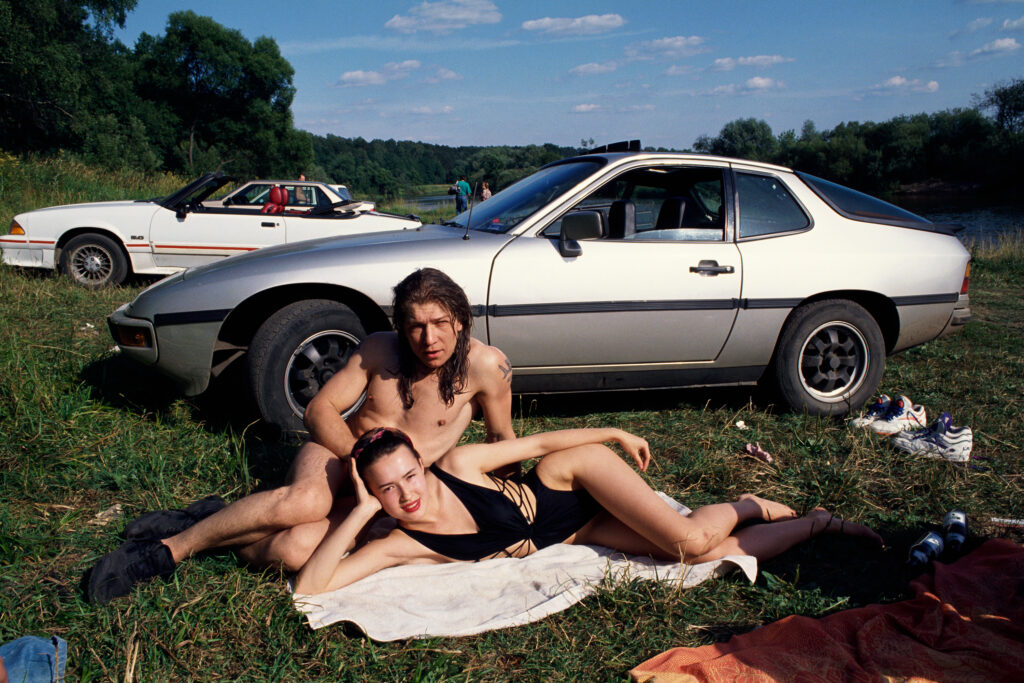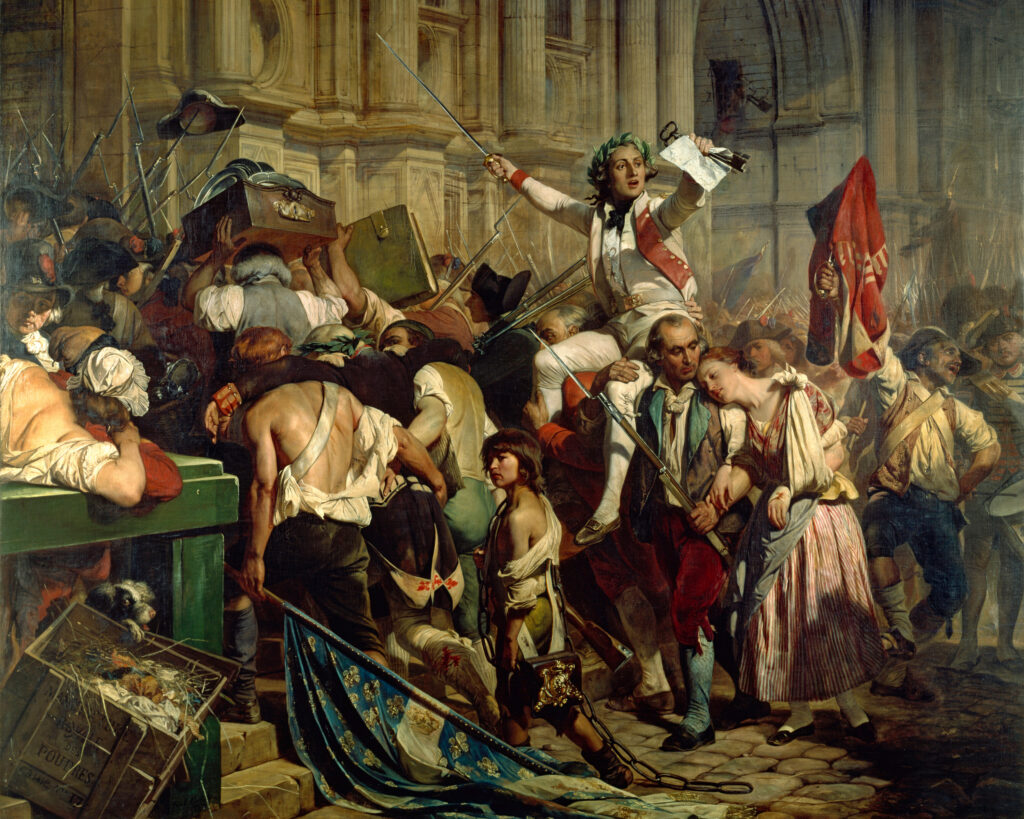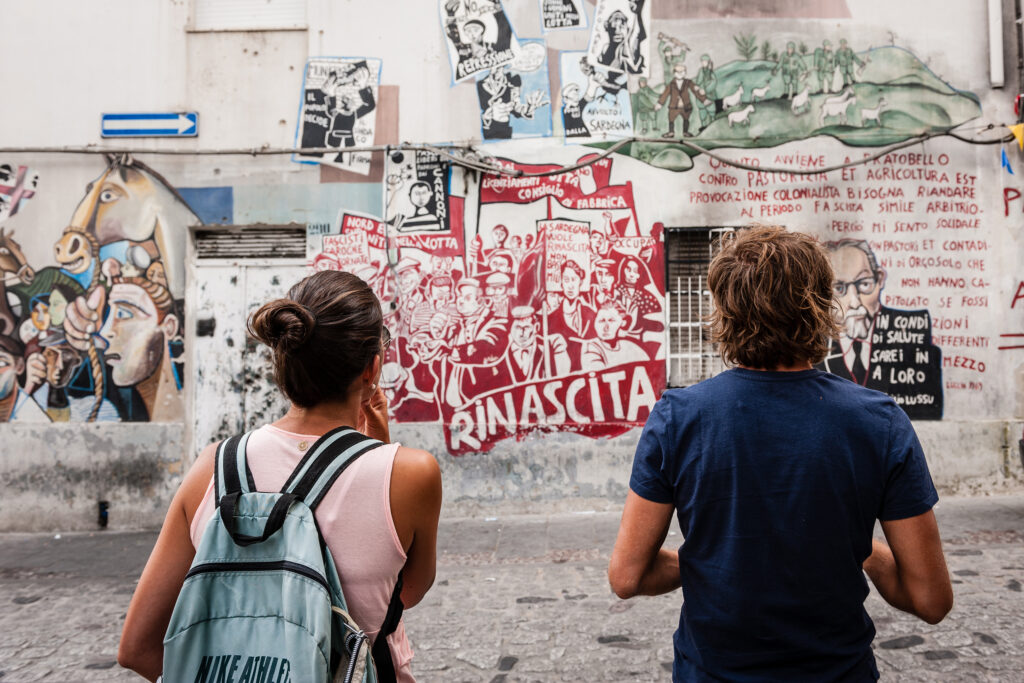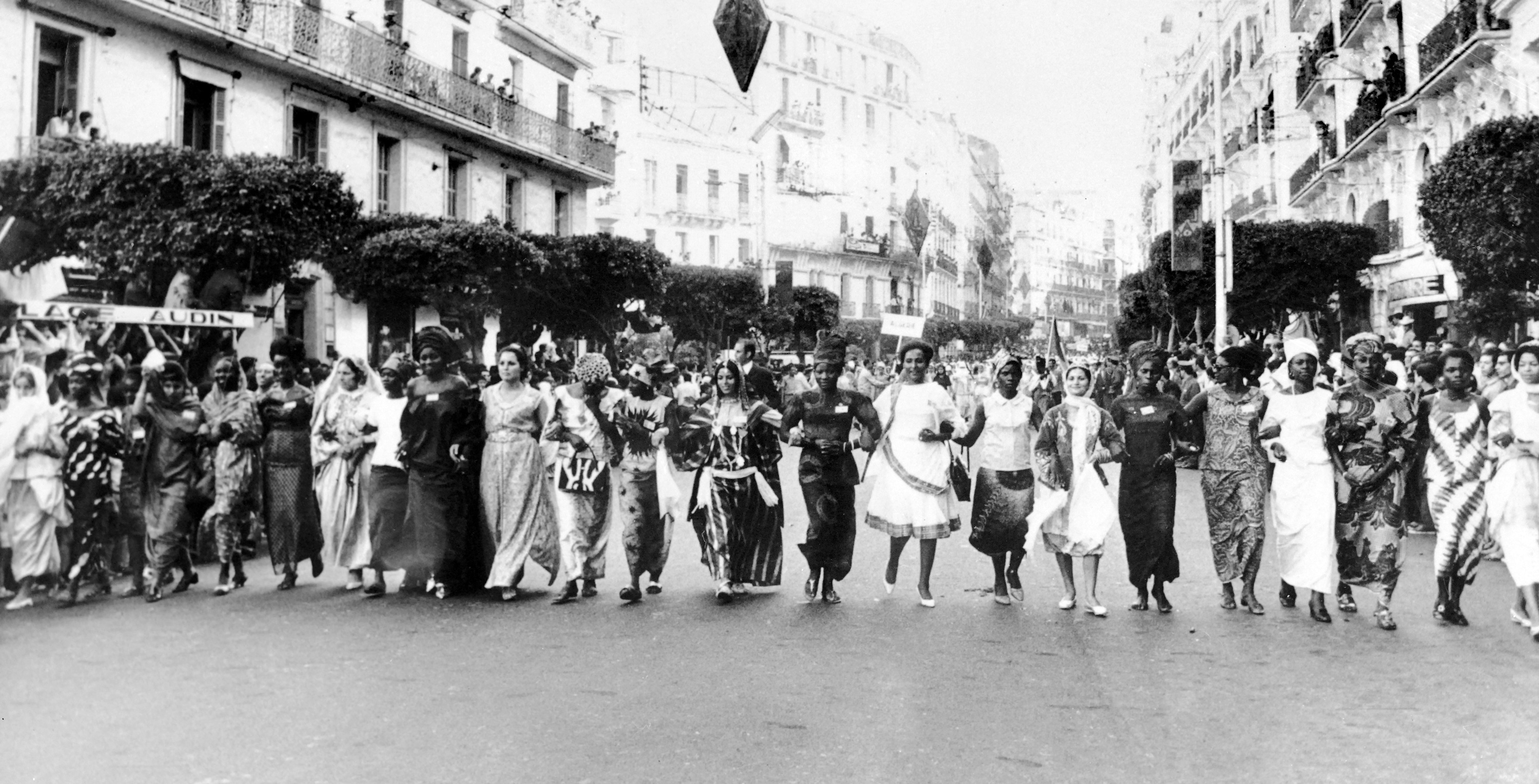Ayşe Zarakol is one of the premier historians of international relations. The history and future of world orders is a recurring subject for Zarakol, and her piece for Ideas Letter 40 asks why the future has been forsaken by today’s geo-strategic writers after its flourishing at the end of the Cold War.
Iza Ding has made a name for herself through the incisive concept of performative governance to explain street-level bureaucracy in China. Here she turns her attention to political theory and the contradictions of liberalism in practice. Using Burkean liberalism as her guide, Ding eloquently suggests an accommodation with liberalism despite its inadequacies.
Lapidary writer Oliver Eagleton has challenged many intellectual conceits of the day. Here he selects Anton Jäger’s notion of hyperpolitics to question whether today’s politics are as ephemeral and unmoored as Jäger contends. Eagleton finds hope amidst the predations, yet also despair, and calls for a politics that remains connected to material realities.
For our curated section we lead with the Aeon essay by my great friend and colleague Ayisha Osori which probes Nigeria’s afflictions. Like Oliver Eagleton, Osori hasn’t lost hope – though she concedes there is a steep uphill climb to achieve activist solidarity.
We follow with a podcast featuring Meera Sabaratnam and a discussion of her useful concept “complex indebtedness.” Sabaratnam’s distinctive account of the international order and its dynamics sheds light on the political nature of the justice claims against that order. There are also helpful echoes to Zarakol’s piece above.
Last is a Jacobin interview with University of Pennsylvania historian Sophia Rosenfeld, author of a new book on the history of choice. Hirschmanesque in scope, Rosenfeld asks whether the insistent need to make choices defines the culture of contemporary life.
Our musical selection for Ideas Letter 40 comes from the midwestern-raised pianist Fred Hersch. I am halfway through Hersch’s poignant and learned memoir Good Things Happen Slowly: A Life In and Out of Jazz, which I highly recommend. “Starlight,” from his first ECM release Silent, Listening (pay attention to the comma), is his newest recording.
—Leonard Benardo, senior vice president at the Open Society Foundations
Certainty and Strange Thoughts

Ayşe Zarakol
The Ideas Letter
Essay
Zarakol reflects on the collapse of the post–Cold War liberal international order and contrasts today’s disorientation with the bold, definitive visions offered by thinkers like Fukuyama, Huntington, and Kaplan in the 1990s. Indeed, their visions are newly relevant for the current moment, when Western intellectual and political elites – paralyzed by crisis, lacking self-belief, and displaced by fringe voices that offer no true alternative vision – appear unable to imagine what comes next.
“Fukuyama may have been wrong to announce the end of history then, but he was right that liberalism was the last standing ideology of the 20th century. In fact, future historians may wind up talking about a long 20th century and mark its ending around now, in 2025, as liberalism really is being abandoned (it will just have taken longer to die than competing 20th-century ideologies). Huntington may have been reductionist, borderline insulting, in his characterizations of other civilizations, but at least he recognized before many others that the time of non-Westerners was coming. And Kaplan was correct that some of the biggest threats in the 21st century would have to do with the environment—even if he was sensationalistic of his coverage of West Africa and complacent in his predictions about North America.”
The Sorrows of Burkean Liberals

Iza Ding
The Ideas Letter
Essay
The liberal temperament espoused by Edmund Burke and revered by contemporary conservatives is marked by a profound ambivalence. Committed in principle to ideals like liberty, equality, and justice, Ding shows that Burkean liberals are also fearful of the disruption their realization might bring about – much like Burke’s own reaction to the French Revolution. Burkean liberals publicly advocate for change while privately retreating into caution and delay.
“… unlike its Romantic, idealistic, tragically self-immolating offspring, liberalism knows how to survive. It is a master of self-preservation—through moderation: careful concession, tempered adjustment, elegant retreat. Once or twice, in the ruins of Depression and War, it summoned its bolder self. But even this liberalism was, at heart, still cautious—moderately regulating the unregulated, carefully excluding the already excluded. It watched its revolutionary shadow soar too high, too close to the sun, and it quietly clipped its own wings. … It decided: In order not to fall, one must not fly at all.”
Beyond Hyperpolitics

Oliver Eagleton
The Ideas Letter
Essay
The Belgian philosopher Anton Jäger’s influential theory of hyperpolitics describes our time of intense political expression that lacks real impact on state power or policy. According to Eagleton, it is an illuminating perspective on the “scorched landscape” of the 2020s. Jäger traces the decline of socialist mass politics—rooted in collective institutions that shielded workers from both exploitation and prejudice—through successive phases of post-politics and anti-politics, leading to today’s fragmented and depoliticized cultural landscape.
“Jäger’s heuristic captures many aspects of the contemporary scene. Political conflict appears to have escalated and diffused across the social field without affecting concrete power relations. The liberal worldview, struggling to retain its hold on both the young and the old, is defended by the middle aged with greater vehemence – though typically in online forums rather than collective organizations. The gulf between public opinion and government policy is plain to see. … Yet like most theories that operate at this level of generality, “hyperpolitics” elides certain empirical details that may complicate our diagnosis. Among them are the structural differences between the far left and the far right, which are sometimes flattened out by Jäger’s depiction of an omnipotent establishment flanked on either side by ardent but impotent protesters.”
Struggling to Wake
After a murderous kidnapping in Nigeria, I launched a campaign to put a stop to the abductions. Why did no one listen?
Ayisha Osori
Aeon
Essay
Osori reflects on the failure of an activist campaign she led in Nigeria against school kidnappings and the government’s inability to stop them, arguing that civic activism without a clear ideological foundation, grassroots legitimacy, or understanding of the structural roots of insecurity is doomed to falter. Despite good intentions, the campaign revealed the limits of elite-driven NGO efforts.
“My orientation towards liberal, representative democracy – one based on a social contract in which I, as a taxpayer and voter, can demand accountability from my elected representative – is not the reality for many Nigerians. As a primarily resource-based economy reliant on extraction and trade of raw mineral resources, our government revenue does not depend on the wellbeing of Nigerians, and because the tax system is informal, for the majority there is no sense of a social contract … I had been unable to explain the inertia of citizens, uncorrupted by donor funds, who presumably had aspirations for a better society. But this was not inertia. Those who want better security are not demanding anything from a government of which they have no expectations. Instead, they are hiring vigilantes and terrorist groups like Lakurawa to protect them.”
Complex Indebtedness
Meera Sabaratnam
Economic Research Council
Video
Sabaratnam argues that debt is not merely an economic tool but a foundational force in shaping modern states and global inequalities. Drawing on postcolonial analysis, she examines how financial systems entrench asymmetries and calls for debt to be treated as a political issue.
“Who owes what to whom, and on what terms, is a fundamentally political question. In the modern economy, it is mediated through money and capitalist institutions that organize money—but if we look at what actually happens, some people’s debts are forgiven, some are written off, others are not. I would argue that these are all political questions.”
Choice and Its Discontents
An Interview with Sophia Rosenfeld
Daniel Falcone
Jacobin
Interview
The historian Sophia Rosenfeld discusses the complex history of the concept of choice. Few today on either side of the ideological spectrum would position themselves as enemies of choice since it has become tied up with our understanding of freedom. But the idea of choice has historically attracted criticism from both the left and the right.
“… individual autonomy, rooted in the social sciences and politics, now defines how we conceptualize ourselves. However, not everyone has always viewed life as a series of individual choices based on personal preferences. Many people, both historically and today, push back against this idea. The automat represents both the peak of this idea of freedom and the beginning of a reduced notion of freedom. Today we would do well to question how much of our so-called freedom is truly liberating. The book explores this paradox, showing that the automat was both a symbol of freedom and a sign of a more limited view of choice that persists today.”
